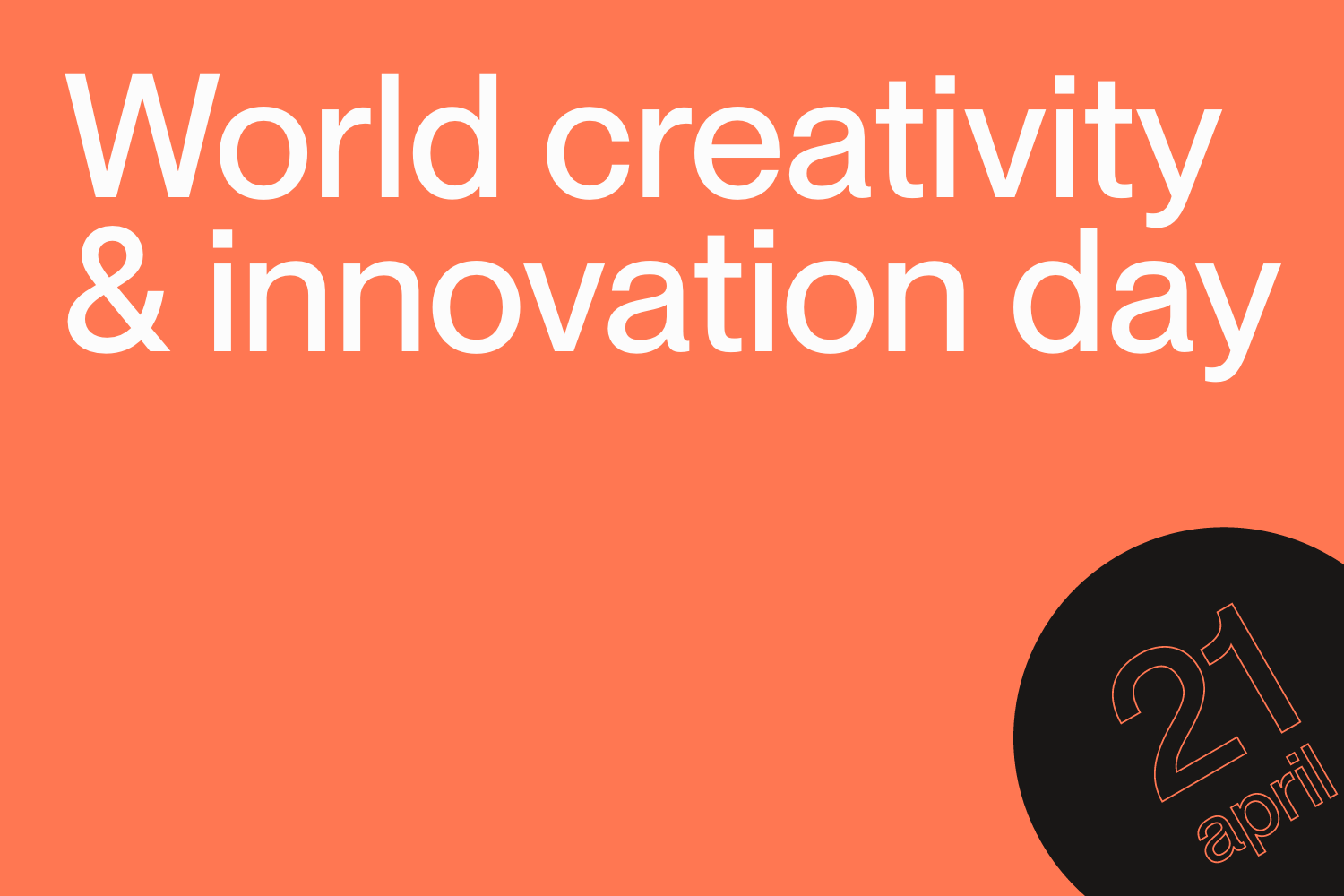
World Creativity and Innovation Day: How CYB use digital as a force for good
The UN’s World Creativity and Innovation Day promotes the use of creative thinking to help tackle global issues of poverty, inequality, climate change, environmental degradation, peace and justice.
At Caution Your Blast Ltd, we believe our aims chime with those of WCID. We believe in using digital as a force for good - that only creative collaboration leads to innovative digital solutions that help improve people’s lives.
To mark WCID 2022, we’d like to highlight a project we undertook that showcases how CYB uses creativity and innovation to make a real difference to people’s lives.
Helping five emerging countries to battle corruption by improving their digital capabilities
In collaboration with the UK Government Digital Service, a department of the Cabinet Office, which established the Global Digital Marketplace programme with expertise in the process for awarding technology contracts to work with Government – Caution Your Blast set about reviewing the digital procurement capabilities for five countries who were seeking to improve their resilience towards corruption (Colombia, Indonesia, Malaysia, Mexico, and South Africa).
It was Caution Your Blast’s job to assess the digital capability and maturity of each government, reporting our findings back to the UK Government Digital Service “We always had in mind what GDS needed to know - how can we best support and work with this government? And to what degree can we expect them to get involved and deliver an effective outcome?’ says Ben Stewart, Caution Your Blast’s Founder/Managing Director, who headed up the project. “So our goal was to advise GDS effectively on capability and maturity in order for them to make a decent proposition”.
Problems to overcome
But it wasn’t easy. Firstly, we were time constrained: we only had one week with each government during short targeted visits to research, interview, and assess where they stood digitally. Cultural differences meant that while some governments were open to our involvement, other countries were less helpful (for political or other reasons). “It meant locating the right people to talk to could be difficult,” Ben says.
Furthermore, we found that existing industry tools and frameworks for assessing an organisation’s digital capability did not provide us with the sort of analysis that we needed. “There's a lot of frameworks out there and they were definitely helpful starters,” Ben says, “initially we thought we could pick one off the shelf and use it. But they just weren't able to provide the insights we needed to guide GDS”.
Finding an innovative solution
As we didn’t have a suitable assessment tool, then we could only do one thing – create one ourselves. “This assessment matrix didn't exist, neither did all of the assessment questions that were needed,” Ben says. “We devised key questions that sat behind the framework. Resulting with a simple three-by-three matrix, this allowed us to carry out interviews to try and get answers for each one of those blocks”.
It helped us assess the digital capabilities of each government’s:
Leadership - the people in charge
Systemic – the operational policies, products and systems in place
Practice - the skills of people and teams carrying out the work
It also allowed us to assess to what extent those different facets of government could:
Create the right organisation – structured for successful digital services
Build the right thing – steer the organisation’s choices and roadmap
Build things the right way – efficiently create services, and products
Now we had a research framework to incisively find the right people, and ask the right questions, and it meant we could quickly analyse the strengths, weaknesses, knowledge gaps and potential of each government – even when some leadership proved less helpful. “In one situation we got an intuitive sense of how capable the government was from just half a dozen interviews,” Ben says. “Many of the countries saw themselves as being capable at a leadership level with tech. But in reality they were just starting out on that journey and had much to learn.".
After an intense period of discovery, we were able to report back to GDS in detail about the digital capability and maturity of each country, allowing the UK government to consider how best to proceed with support.
We have since iterated our assessment framework with work we have done across various projects, meaning that our initial creative thinking continues to this day to help us use digital as a force for good.
Richard Grove, Director of Digital Service at Caution Your Blast, says:
Richard Grove
Director of Digital Services, Caution Your Blast
